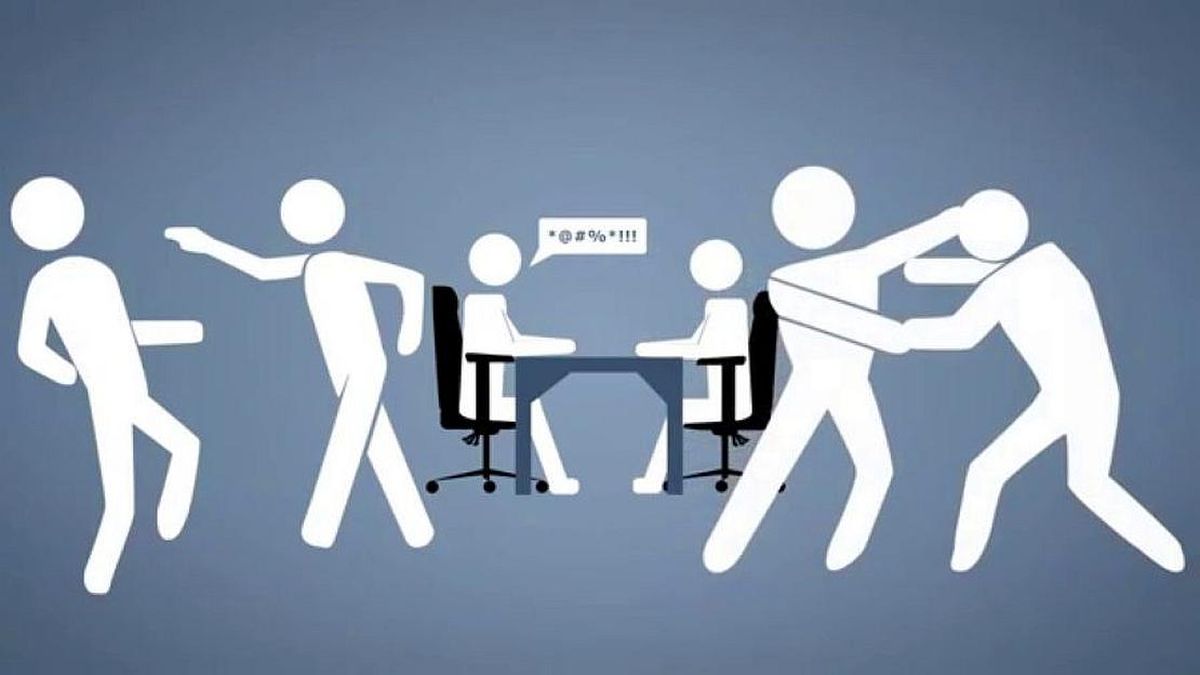Making violence visible
The strength of symbolic violence lies in its invisibility, that is, in that we perceive as natural behaviors and behaviors that we have internalized in our socialization process –in the family, school, cultural industry, work spaces, among others– and that have become our own through expression in language and the biases through which we often look at the world and make decisions.
In addition, symbolic violence is based on these stereotypes, messages and values that run through our lives and that reproduce domination and discrimination. As the French sociologist Pierre Bourdieu points out, they are imposed in such a way as to hide or dissimulate the asymmetric power relations on which they are based, making their legitimacy shared by all.
Impact on professional development
Women and people of other gender identities must face situations of violence in their workplaces such as questioning, ridicule, jokes and discrimination, which become more frequent when they choose professions or jobs that are not associated with the role they have been assigned. socially assigned.
For example, they are required to have a certain physical presence and style of clothing, as well as being expected to carry out activities in addition to their duties and that are associated with the domestic (cleaning, decoration, organization, etc.). At the same time, they are evaluated in personal aspects such as couple projects, upbringing and child care that do not have the same weight when evaluating men.
In order to know the current situation, Grow – Gender and Work (2022) carried out an online survey in which two main findings are observed. The first is related to the incidence of symbolic violence at work, which has a differential impact according to gender: 90% of cis women, 86% of people of other identities and 44% of cis men mentioned having experienced this type of violence at some time.
The second has to do with family plans and who care roles are associated with. In this sense, 47% of cis women have ever been asked a question about this topic during a job interview. This number drops for people of other identities (30%) and for cis men (29%).
The need for a cultural transformation
From Grow-Gender and Work we believe that eradicating symbolic violence is vital to end all other violence that occurs within the framework of labor relations. For this reason, this year, our annual awareness campaign is focused on raising awareness of this problem with the aim of promoting inclusive work spaces free of violence.
Coordinator of the workplace violence area Grow, gender and work.
Source: Ambito




